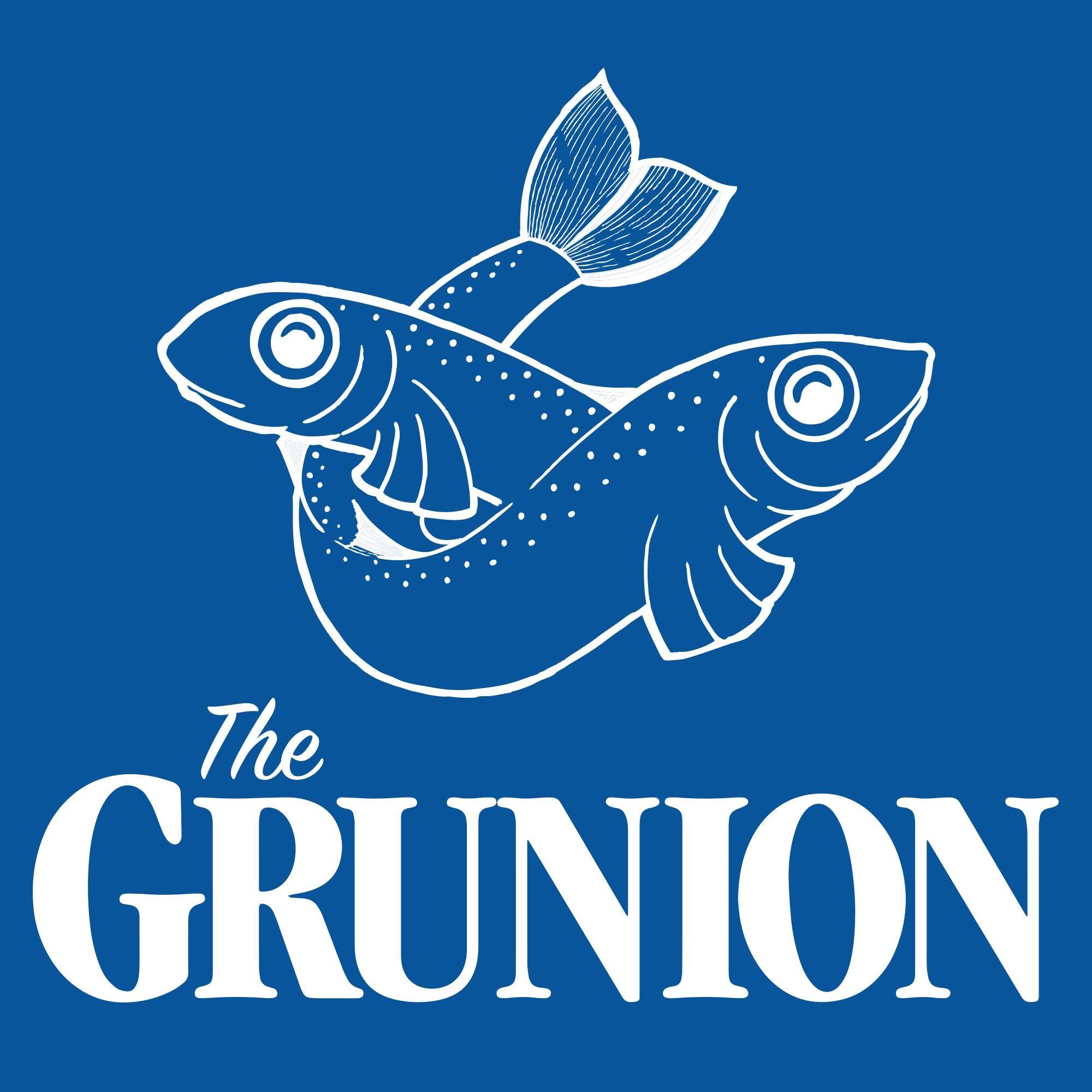
Coronavirus Brings Toughest Mental Health Month In Memory
05/30/2020 06:00AM | 10941 viewsMay has been Mental Health Awareness Month since 1949. May 2020 may well be the most stressful in the last 71 years, Long Beach experts say.
"It's impacting the whole population," Christina Miller, president and CEO of Mental Health America of Los Angeles (MHALA), said. She was speaking of the coronavirus pandemic and the forced isolation and separation it has caused. "Everyone is anxious, more anxious than usual. And we're all getting worn out."
MHALA in Long Beach focuses on the homeless population. One of the impacts of the now two-month-old rules in place to help slow the spread of COVID-19 (the disease coronavirus causes) has been an emphasis on getting homeless people into shelter, at least temporarily.
That's a good thing, Miller said.
"Since the start (of the pandemic), LA County has put in more shelters," Miller said. "Project Room Key has helped, too… We see more clients in Long Beach, and Long Beach has always been ahead of the curve with services.
"We've had to work hard to get them into shelter. They are more fearful now… Some are afraid of leaving their friends. But there's a lot of positive partnership and change going on."
Miller said MHALA is using technology to reach clients when possible, allowing employees to work from home. But physical outreach continues, and the center downtown remains open.
"The biggest impact has been on our youth (clients)," Miller said. "We don't see our people as much, and everyone is more vulnerable. We try to make more contacts by phone calls."
The Guidance Center focuses exclusively on the mental health of youngsters and their families. CEO Patricia Costales agreed that youth have been heavily impacted by school closures and stay at home orders, but added that they are adapting.
"We're still getting requests for counseling, for psychiatry," Costales said. "And we're still doing some in-person counseling, especially if there are suicidal tendencies. But we're seeing greater levels of anxiety throughout."
Costales added that the single biggest concern is a 50% drop in calls to the child abuse hotline. Because children must stay home, abuse victims aren't being seen by — and reported by — outsiders such as school officials. She said she expects a sharp spike in child abuse cases once society reopens.
For the safety of both clients and counselors, most counseling sessions are done remotely. Costales said she has been pleasantly surprised by the effectiveness of Zoom sessions.
"Even the youngest (clients) are doing well," she said. "We've been able to do some play therapy, things like that. We're focusing on the caregivers a lot too… It's an adjustment. Our therapists are in their own homes, too."
One aspect of concern with the stay at home orders and increasing isolation for children is the impact it has on their social development, Costales said. For elementary school-aged children, this is the time when they learn how to interact with others, and the lack of contact with friends can be deeply felt.
"We really recommend giving them opportunities to connect with their friends," Costales said. "Even phone calls or just driving by so they can wave to each other can make a huge difference."
If anything, middle schoolers and high school students miss interaction with their peers even more.
"Social contacts with adolescents is key," Costales said. "They have to find ways to connect with friends, both girls and boys. Fortunately, most are well-versed in social media so they make connections there. And there are the computer games they can play together."
Finally, it's important to youth and adults alike to get some exercise, whether it's taking a walk or dancing in the living room. "Emotional health definitely is related to physical health," Costales said.
Both Miller and Costales said their agencies are seeing more need for basics, including food. MHA and The Guidance Center provide what they can, then make referrals to other help groups.
"We all need to keep an eye on each other, too," Costales said. "Whether it's a wave, a balloon or a note, remind your neighbors that they're not alone in this. It helps remind you that you're not alone, too."
For more about Mental Health America of Los Angeles, go to www.mhala.org. For The Guidance Center, go to www.tgclb.org.
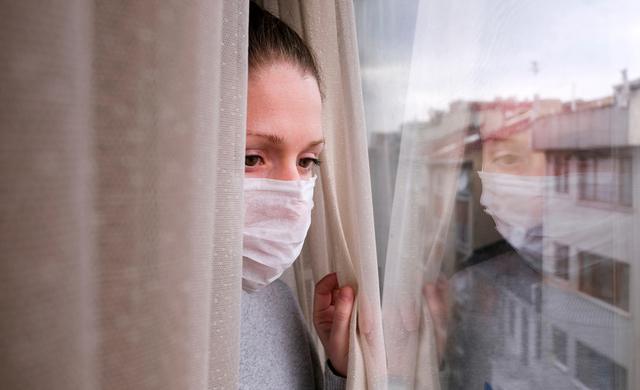







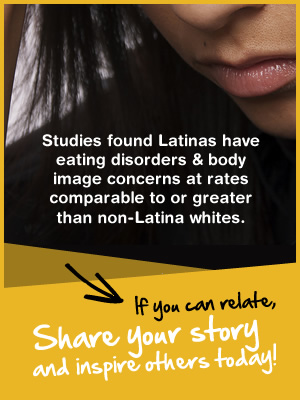
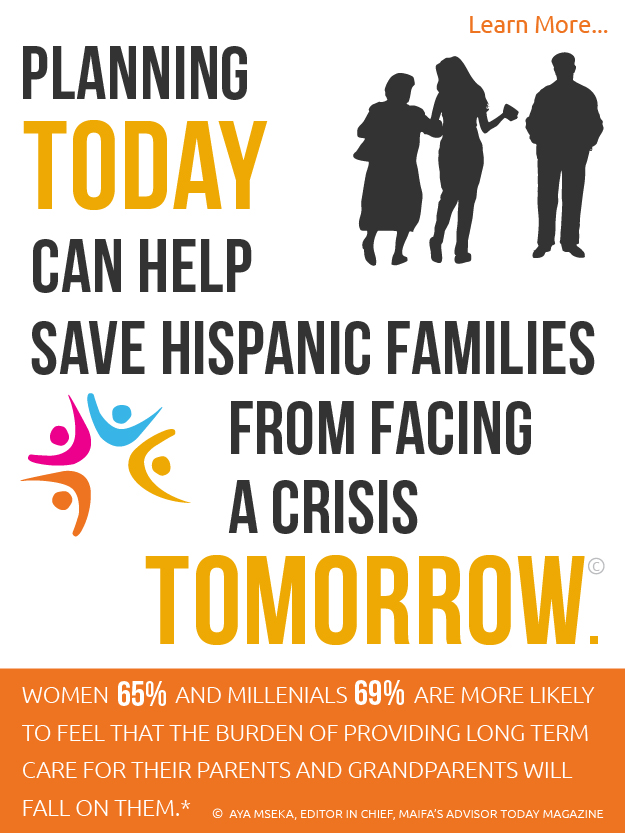
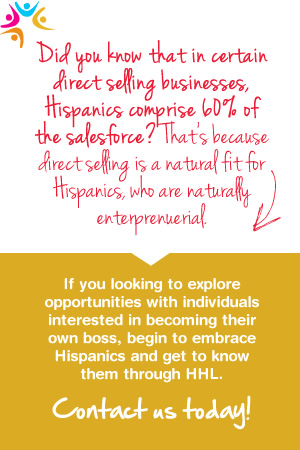
Post your Comment
Please login or sign up to comment
Comments